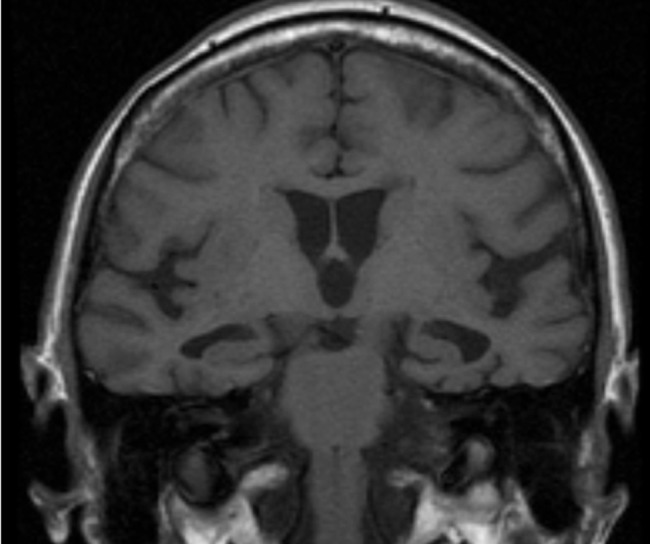Playlist
Show Playlist
Hide Playlist
Neurocognitive Disorders
-
Slides Dementia Psychiatry.pdf
-
Download Lecture Overview
00:00 Now we will talk about important cognitive disorders - formerly and colloquially referred to as dementia. 00:08 Which is defined as an impairment of memory and other cognitive functions, very importantly though, this is without an alteration in ones level of consciousness. 00:20 Most forms of dementia are progressive and irreversible; however, some forms are treatable. 00:26 The incidence of dementia increases with age and 20% of people over 80 will actually have some form of dementia. Some of the symptoms of dementia that you may see are actually psychiatric symptoms. Things like delusions and hallucinations which will occur in up to 30% of people with dementia. 00:48 Also, affective symptoms like mood disorder, depression, or mania will be seen in up to 50% of people with dementia. 00:57 Personality changes can also occur and the most common causes of dementia are the following three: Alzheimer's disease leading the group, followed by vascular dementia, vascular disease important to note is a stepwise decline in the progression to dementia whereas non-vascular disease is a very steep decline in ones cognitive functioning. 01:24 There is also major depression which can be a very common cause of dementia. 01:29 Major depression causing dementia is actually called pseudo-dementia, so it's very important to rule this out before attributing cognition and memory loss to dementia. 01:42 It's very important to make sure that you are not just dealing with somebody who has depression because that is very treatable and their cognition can significantly improve when appropriately managed. 01:54 Here's a question for you, what is the differential diagnosis for dementia? Well, let's start with organic causes and again it is very important to rule out general medical conditions when considering any disorder. 02:10 So there can be structural problems, things like a normal pressure hydrocephalus, normal forgetfulness with aging, a subdural hematoma, Huntington's disease, multiple sclerosis, Down's syndrome, head trauma, a brain tumor, and also Parkinson's disease. 02:29 There can be metabolic problems like B12 or folate deficiency, thiamine deficiency, Wilson's disease, hypoxia, lead toxicity, and also hypothyroidism. 02:42 There can be infectious causes that look like dementia, things like encephalitis and meningitis, CJD, neurosyphilis, HIV, and also Lyme disease. Certain drugs are also gonna be included in your differential diagnosis for dementia. So consider alcohol, phenothiazines, anticholinergics, and sedatives. Also, you wanna make sure to rule out psychiatric disorders, things such as pseudo-dementia, delirium, schizophrenia, and also malingering where a patient is basically looking for secondary gain.
About the Lecture
The lecture Neurocognitive Disorders by Helen Farrell, MD is from the course Mild and Major Neurocognitive Disorders.
Included Quiz Questions
Which of the following best defines dementia?
- Impairment of memory and other cognitive functions without the alteration of consciousness
- Impairment of memory and other cognitive functions due to altered consciousness
- Impairment of cognitive functions with an intact recent and distant memory
- Impairment of recent memory with intact other cognitive functions
- Impairment of cognitive functions with altered consciousness
Which of the following statements regarding dementia is FALSE?
- Depression and anxiety are rarely seen in demented patients.
- 20% of people over 80-years-old have a severe form of dementia.
- Delusions and hallucinations can occur in about 30% of patients with dementia.
- Alzheimer’s disease is the most common reason for dementia.
- Vascular disease is a step-wise decline in progression to dementia.
Which of the following causes pseudodementia?
- Major depression
- Bipolar disorder
- Alzheimer’s disease
- Vascular dementia
- Nutritional dementia
Which of the following is NOT an organic differential diagnosis of dementia?
- Schizophrenia
- Hypothyroidism
- Down’s syndrome
- HIV
- Parkinson’s disease
Customer reviews
5,0 of 5 stars
| 5 Stars |
|
5 |
| 4 Stars |
|
0 |
| 3 Stars |
|
0 |
| 2 Stars |
|
0 |
| 1 Star |
|
0 |




